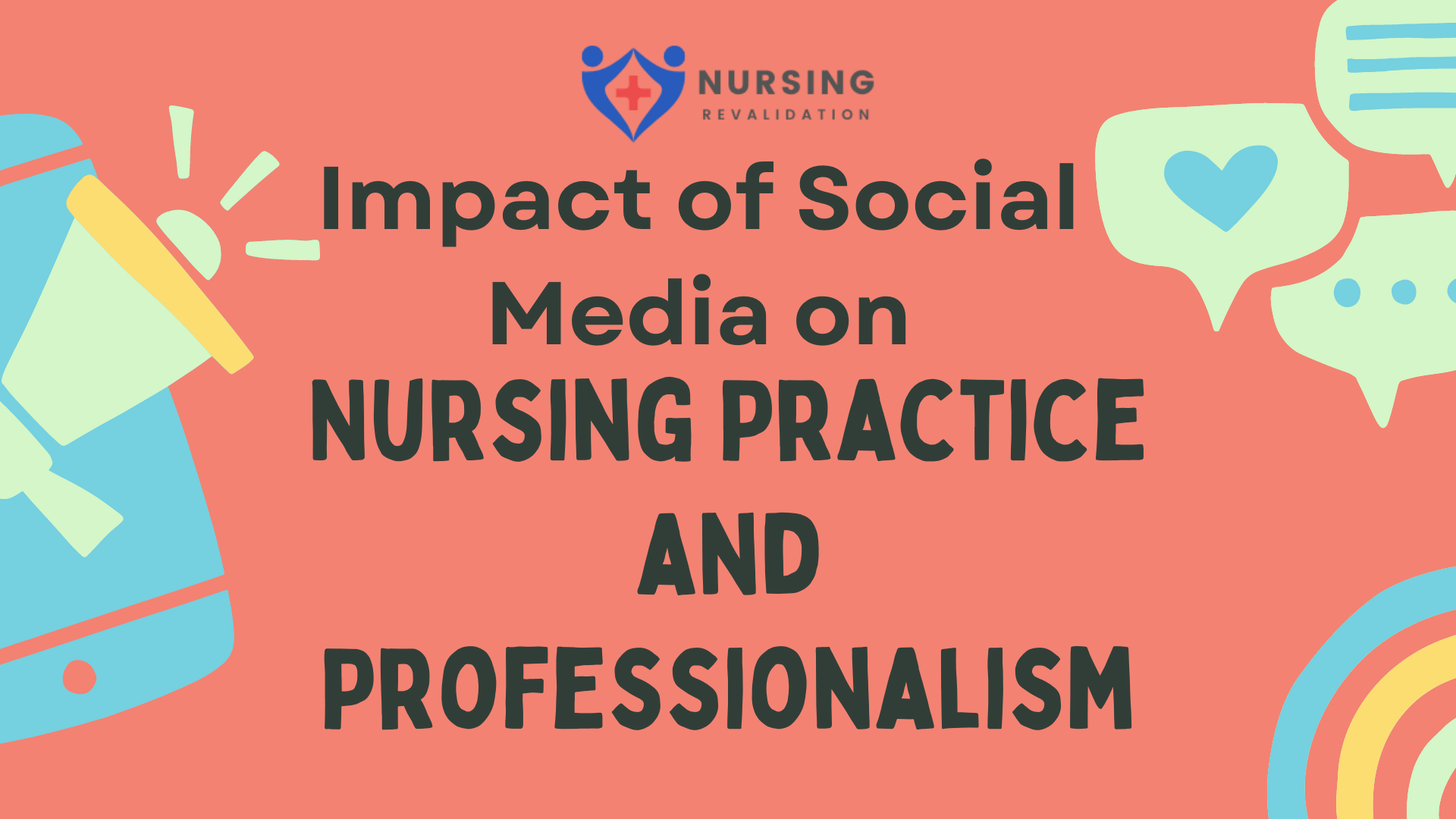In today’s interconnected world, social media has become an integral part of daily life for millions worldwide. While its influence spans various sectors, its impact on healthcare professionals, particularly nurses, is profound. This article delves into the multifaceted implications of social media on nursing practice and professionalism, exploring both its advantages and challenges.
Understanding Social Media’s Role in Nursing Practice
The Evolution of Social Media in Healthcare
Social media platforms have evolved from mere networking sites to powerful tools for healthcare communication, education, and advocacy. Nurses, in particular, utilize these platforms to disseminate health information, engage with patients and colleagues, and advocate for policy changes.
Advantages of Social Media in Nursing Practice
- Enhanced Communication: Social media facilitates instantaneous communication among healthcare professionals, enabling rapid knowledge sharing and collaboration.
- Patient Education: Nurses leverage social media to educate patients on various health topics, empowering them to make informed decisions about their well-being.
- Professional Networking: Platforms like Twitter and LinkedIn provide avenues for nurses to connect with peers globally, fostering professional development and mentorship opportunities.
Challenges and Risks
- Maintaining Patient Confidentiality: The ubiquitous nature of social media raises concerns about inadvertently disclosing patient information, jeopardizing confidentiality and violating HIPAA regulations.
- Misinformation and Misinterpretation: The rapid dissemination of information on social media can lead to the spread of misinformation, challenging nurses’ ability to provide evidence-based care.
- Boundary Violations: Nurses must navigate the blurred boundaries between their personal and professional lives on social media, ensuring their online presence aligns with ethical standards and organizational policies.
Table: Social Media Platforms and Their Applications in Nursing Practice
| Platform | Application |
|---|---|
| Rapid communication, professional networking | |
| Patient education, advocacy campaigns | |
| Professional development, career networking | |
| Health promotion, visual storytelling | |
| TikTok | Educational content creation, community building |
Navigating Ethical Dilemmas
Establishing Social Media Guidelines
Healthcare institutions must develop comprehensive social media policies that provide clear guidelines on professional conduct, patient interaction, and privacy protection. These guidelines should be regularly updated to address emerging challenges and technologies.
Educating Nurses on Social Media Literacy
Nursing curricula should incorporate training on social media literacy, equipping students with the skills to critically evaluate online information, maintain professional boundaries, and uphold ethical standards in their digital interactions.
Real-World Implications
Maintaining Patient Confidentiality
A nurse inadvertently shares a patient’s medical condition on her personal Facebook page, leading to disciplinary action and legal consequences. This case underscores the importance of exercising caution and discretion when discussing patient-related matters on social media platforms.
Addressing Misinformation
During a public health crisis, a nurse encounters widespread misinformation about vaccination on social media. Through targeted educational campaigns and evidence-based messaging, she counters misinformation, promoting vaccine acceptance and public health awareness.
Conclusion
Social media presents both opportunities and challenges for nursing practice and professionalism. By embracing its potential while navigating ethical pitfalls, nurses can harness the power of social media to advance patient care, promote health equity, and strengthen professional networks. With proper guidance, education, and vigilance, nurses can leverage social media as a tool for positive change in healthcare delivery.

